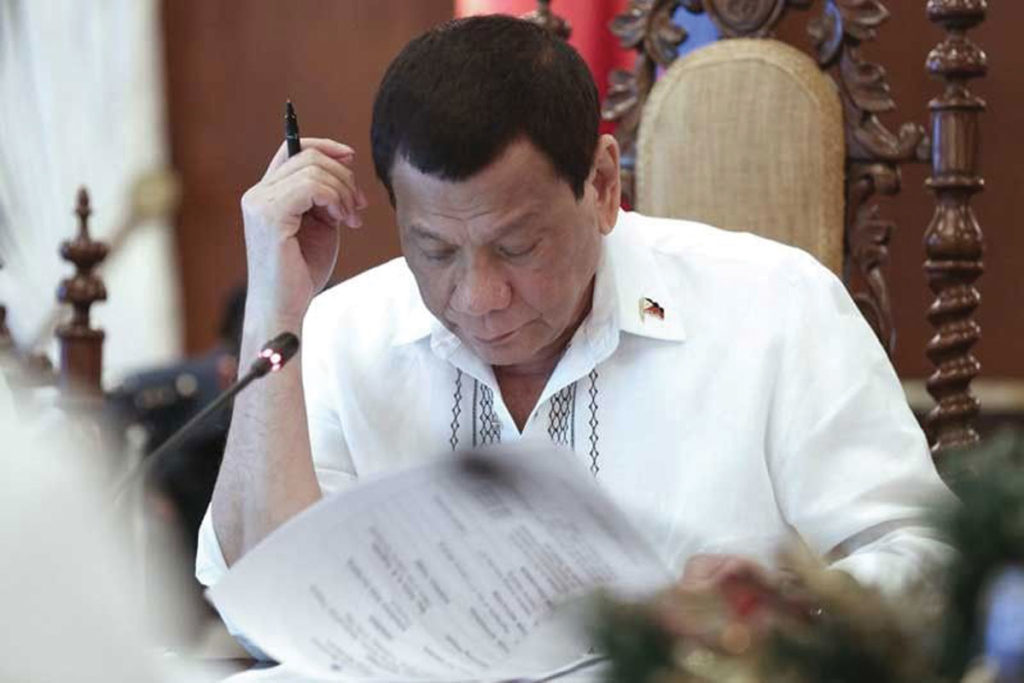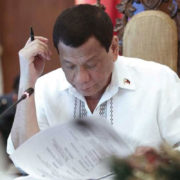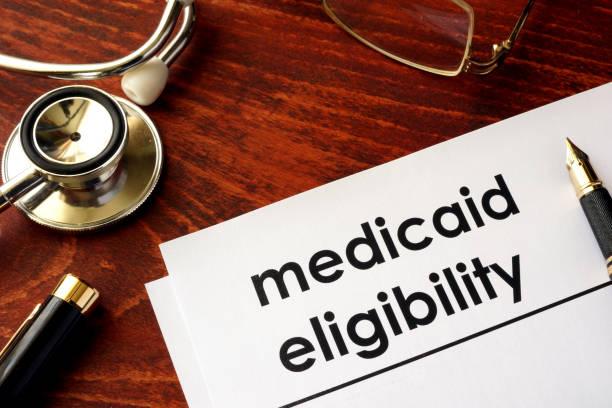
MEMBERS of the legislation who pushed for the measure to address the rising cases of Human Immunodeficiency Virus (HIV) infection and Acquired Immune Deficiency Syndrome (AIDS) in the country, said that the new law recently signed by President Rodrigo Duterte, would “offer new hope to generations.”
Senator Risa Hontiveros and Dinagat Island Representative Kaka Bag-aolauded the signing of the Philippine HIV and AIDS Policy Act of 2018.
“I am happy that the measure was finally signed into law by the President. It is a great way to start the new year. The law affirms a human rights-based, humane and scientific approach in addressing HIV and AIDS,” Hontiveros, who is the principal author of the bill in the Senate, said as reported by The Philippine Daily Inquirer.
The senator presented the data that the Philippines remains as the only country in Southeast Asia where cases of HIV and AIDS continue to increase. A report showed that there was a 170-percent increase in reported cases among those in ages 15 to 24.
“It will protect the rights of persons living with HIV, afford accessible treatment through updated health technologies, and educate more people for prevention and destigmatization,” the senator added.
Bag-ao, co-author of the law, attributed its success to people with HIV and AIDS and its advocates noting that through the policy act the government can “ensure economic empowerment and independence designed for PLHIVs.”
Presidential spokesperson Salvador Panelo announced on Wednesday, January 9, that President Duterte has signed the HIV and AIDS policy act otherwise known as the Republic Act 11166, replacing Philippine AIDS Prevention and Control Act.
“We consider its enactment and signing timely and relevant on account of the report of the Department of Health disclosing that our country has the highest percentage relative to the increase of new HIV cases in the Asia-Pacific region from 2010 to 2016,” Panelo said.
Aside from addressing the spread of the HIV and AIDS, but it would also give people living with HIV and AIDS the medicine and care they needed without discrimination and prejudice from the general public.
“The law would deliver proper treatment, care and support services to Filipinos living with HIV in accordance with evidence-based strategies and approaches which are in tune with key principles of human rights, gender equality and meaningful participation of communities,” Panelo said.
“We laud our lawmakers including various stakeholders who immensely contributed to the passage of an updated legal framework addressing HIV and AIDS. This piece of landmark legislation will significantly reduce the stigma of people living with HIV or AIDS,” Panelo said.
Government data showed a total of 8,533 cases of HIV infections, including 1,520 AIDS cases in the first nine months of the 2018. Joint United Nations Programme on HIV and AIDS reported that the Philippines has the fastest growing HIV epidemic in the Asia-Pacific from 2010 to 2016.
The new law also has guaranteed that people living with HIV would not be deprived of opportunities for livelihood, micro-finance, self-help and cooperative programs due to their HIV status.







